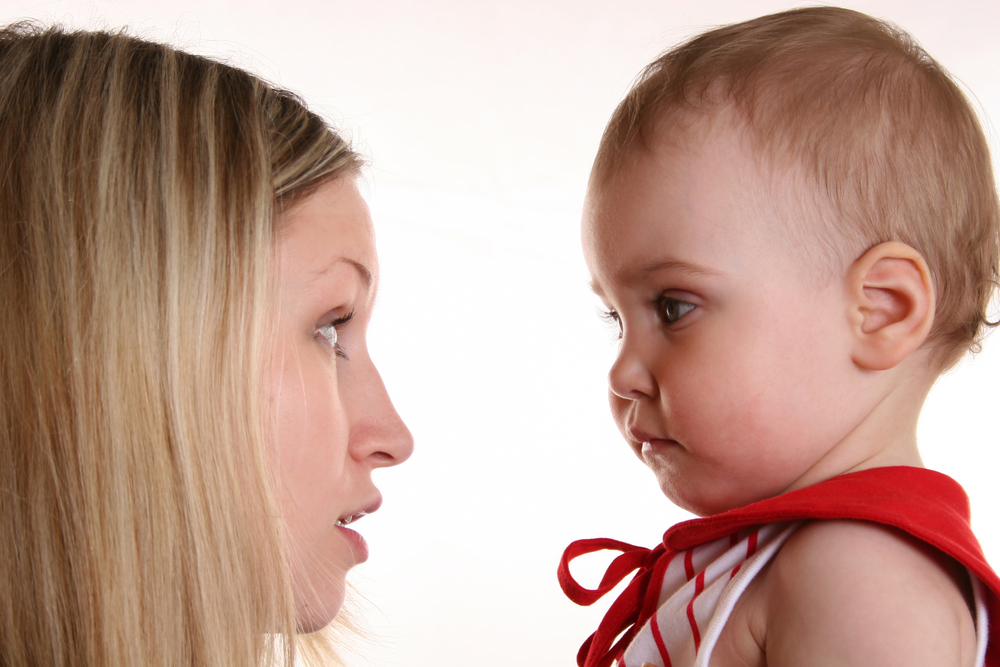Webinar Resources: Understanding Trauma from "Simple" to "Complex"
…pcoming Webinars from PsychAlive. Read “Recognizing Complex Trauma” by Dr. Lisa Firestone About Christine Courtois, Ph.D. Christine A. Courtois, PhD, ABPP is a Psychologist in independent practice in Washington, DC where she is the principal of Courtois & Associates, PC. She received her PhD from the University of Maryland in College Park, in 1979. Dr. Courtois is immediate Past-President of Division 56 (Psychological Trauma) of the American Psych…
Learn More







